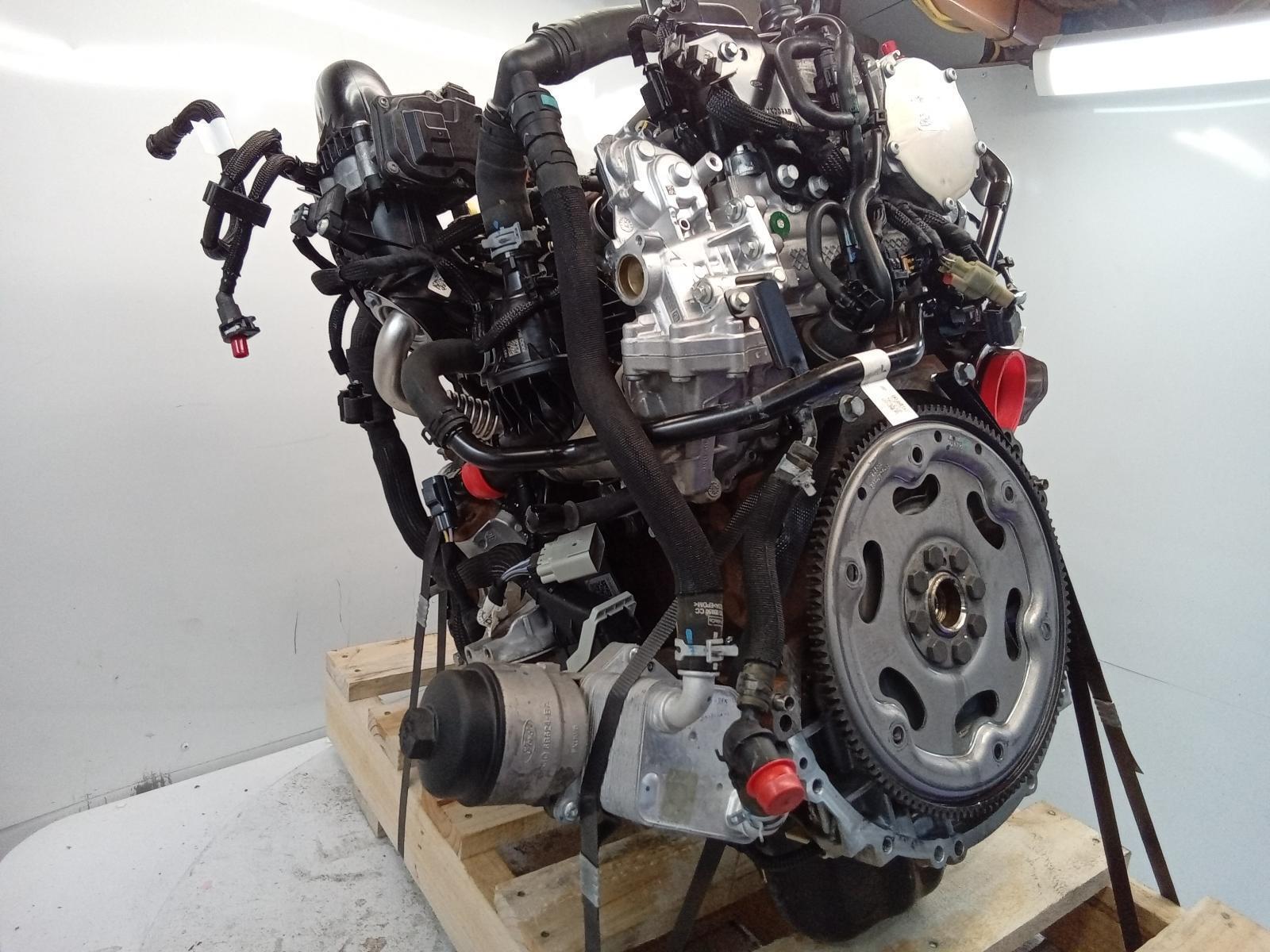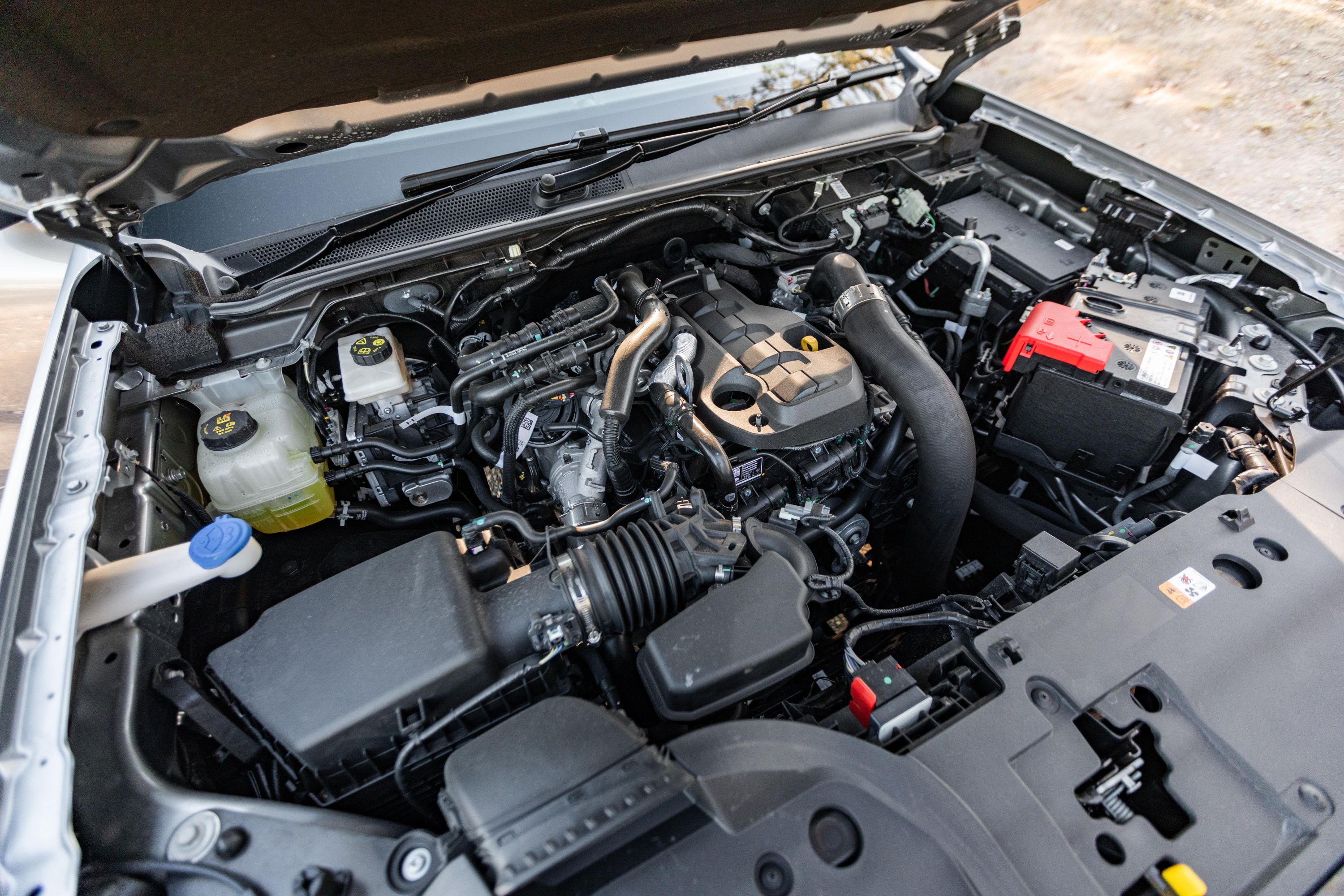What Makes an Auto Engine Run Efficiently: Leading Tips for Ideal Care
The smooth operation of an auto engine is fundamental to both efficiency and durability, making optimal care a necessary responsibility for lorry owners. What particular actions should you focus on to guarantee your engine continues to be in peak condition?
Routine Oil Adjustments
Among the most vital aspects of auto maintenance is guaranteeing your engine receives routine oil adjustments. Engine oil lubricates internal parts, lowers rubbing, and aids keep optimum operating temperature levels. Over time, oil weakens because of warmth, impurities, and the all-natural byproducts of burning, bring about decreased effectiveness and potential engine damage.
A lot of suppliers recommend changing the oil every 5,000 to 7,500 miles, yet this period can vary based on driving problems and oil kind. Artificial oils might enable for longer intervals in between changes. Regular oil adjustments not just boost engine performance however also improve fuel performance, as tidy oil promotes smoother procedure.
Ignoring oil modifications can result in sludge buildup, which hinders circulation and can result in extreme engine problems. It is important to check oil degrees regularly and monitor for any uncommon adjustments in color or consistency, which can suggest contamination or deterioration.

Maintaining Coolant Degrees
Preserving appropriate coolant levels is vital for protecting against engine overheating and guaranteeing optimal efficiency. The coolant, usually a mix of water and antifreeze, flows with the engine, absorbing warm and stopping thermal anxiety. Inadequate coolant can bring about raised engine temperature levels, which might trigger extreme damage or perhaps total engine failing.
To keep ideal coolant degrees, on a regular basis evaluate the coolant tank, typically located in the engine bay. Ensure the coolant is loaded to the advised mark, as indicated in your car's proprietor handbook. It is suggested to inspect the levels at the very least once a month or eventually trips, specifically during severe climate problems.
If you observe that the coolant degree is regularly reduced, there might be a leak in the air conditioning system, which ought to be dealt with immediately to stop additional issues. 2.2 ford ranger engine. Additionally, purging the coolant system every a couple of years can assist remove any kind of accumulated particles and make sure reliable heat exchange
Monitoring Air Filters
It is suggested to examine the air filter every 12,000 to 15,000 miles, or much more regularly if driving in unfavorable or dusty problems. A simple visual inspection can often reveal whether the filter is dirty or harmed. It should be changed promptly. if the filter appears discolored or has visible dust accumulation.
Using a high-quality air filter made for your certain lorry design can additionally boost engine performance. Furthermore, some cars might profit from multiple-use filters that can be cleaned and re-installed, giving a environmentally pleasant and cost-efficient option.
Inspecting Glow Plugs
Ignition system are crucial elements of the original source an automobile's ignition system, directly influencing engine performance and efficiency. They produce the stimulate that fires up the air-fuel mix in the combustion chamber, helping with the engine's power generation. Normal Read Full Article assessment of stimulate plugs is essential for preserving ideal engine function and protecting against possible problems.
Dark soot or oil deposits can show improper burning, while a white or raw appearance might recommend overheating. Both problems require immediate attention to stop additional engine damages.
It's a good idea to evaluate ignition system every 30,000 miles, or as advised in your car's owner manual. In addition, think about changing them according to the manufacturer's standards, as worn or old stimulate plugs can result in misfires, lowered fuel performance, and boosted emissions.
Tracking Tire Pressure
Under-inflated tires can lead to reduced gas performance, increased tire wear, and endangered handling. Normal tracking of tire stress is crucial for ideal vehicle operation.
Tire stress should be inspected at the very least as soon as a month and eventually trips. Make use of a reliable tire pressure gauge to gauge the stress when the tires are cool, ideally before the vehicle has been driven for a minimum of 3 hours. Refer to the automobile's owner manual or the placard located on the vehicle driver's side door jamb for the supplier's advised stress levels.
It is necessary to note that tire stress can change with adjustments in temperature; a decrease of 10 ° F can cause a 1-2 psi decline in pressure. Additionally, visually inspect tires for any indicators of wear or damage during your tracking routine. Preserving appropriate tire pressure not just improves lorry security yet Continue likewise improves gas effectiveness and extends tire life, eventually contributing to a smoother engine efficiency.
Conclusion
In final thought, maintaining a cars and truck engine's smooth operation requires persistent attention to several crucial elements. Eventually, a positive technique to engine treatment is crucial for ensuring integrity and functionality over time.
One of the most vital aspects of auto maintenance is guaranteeing your engine gets regular oil changes. Engine oil lubes inner elements, decreases rubbing, and assists maintain optimal operating temperature levels. Normal oil modifications not only improve engine efficiency yet also boost gas performance, as clean oil advertises smoother procedure.
Insufficient coolant can lead to increased engine temperatures, which might cause serious damage or even total engine failure.
